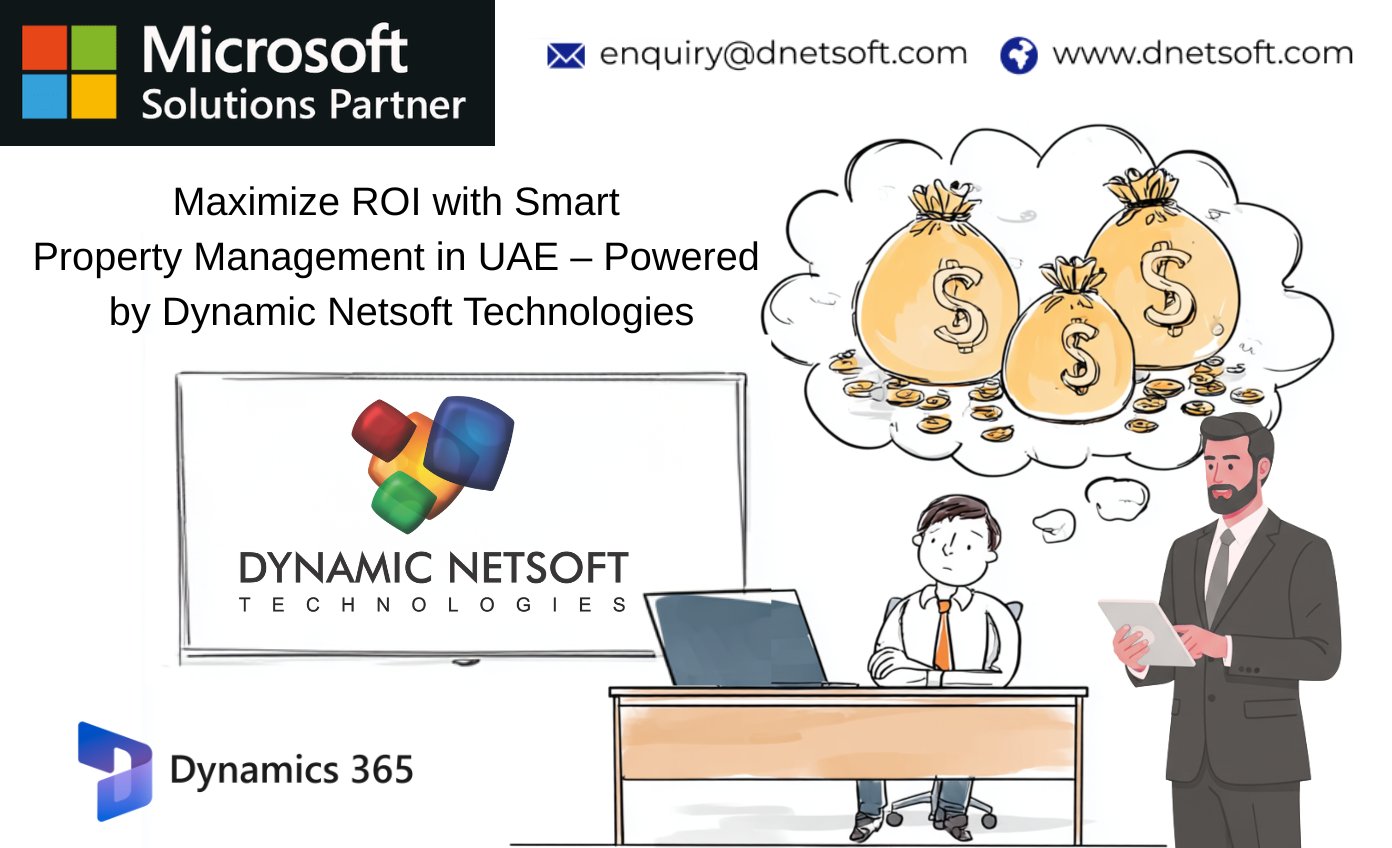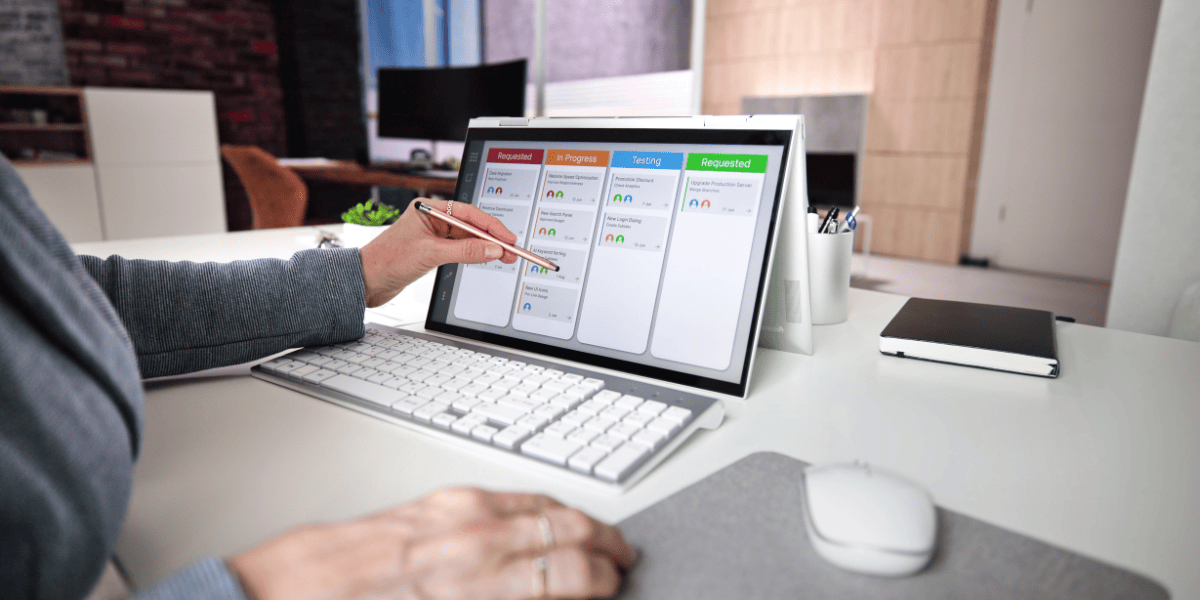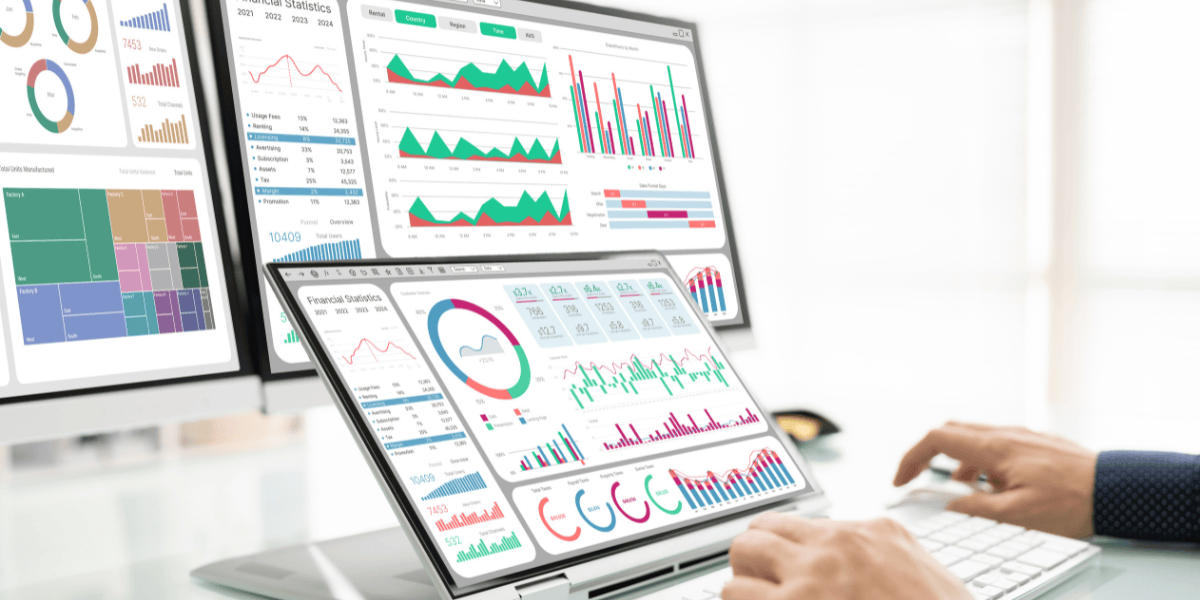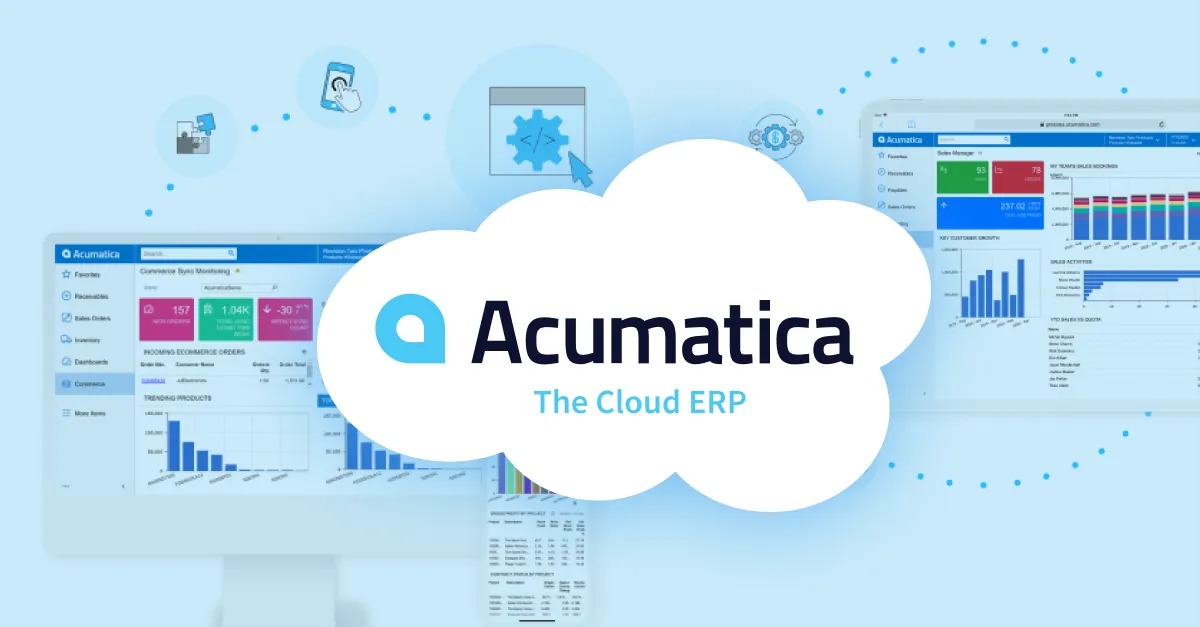Why Switching to Energy Management Systems for Hotels Is a Smart Move
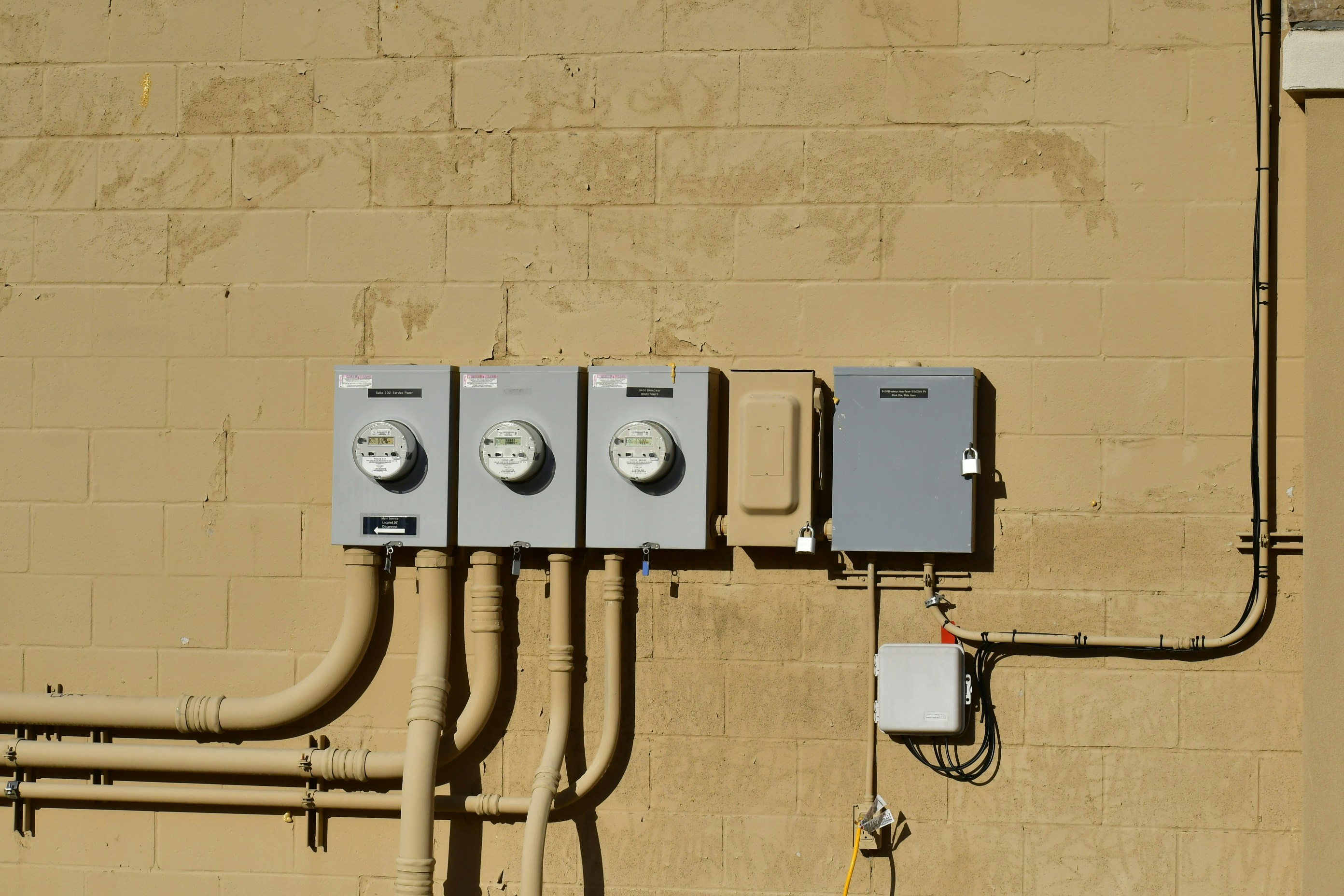
Strong 8k brings an ultra-HD IPTV experience to your living room and your pocket.
Running a hotel? You already have a high overhead. Between heating and cooling guest rooms, running laundry services, keeping common areas well-lit, and powering kitchens, energy costs can quietly chew up a big chunk of the budget.
For many hotel owners, it's not a matter of whether energy expenses will rise, but when and how much. And while energy efficiency might not be the flashiest topic in the hospitality world, it’s one that has a real, measurable impact on profit margins.
That’s why having energy management systems for hotels in place is the smart thing to do in 2025.
These systems aren’t about guesswork or one-time fixes. They're about gaining real control over how and when energy is used throughout your property, from the lobby to the laundry room.
What an Energy Management System Actually Does
At its core, an energy management system (EMS) is a digital tool that tracks, monitors, and adjusts how energy is being used. It collects data from thermostats, lighting, HVAC units, and other major systems, and helps automate decisions that would otherwise fall on staff, often inconsistently.
For hotels, this means adjusting room temperatures automatically based on occupancy, turning off lights in unused conference rooms, or detecting when equipment is running inefficiently before it becomes a problem.
And it’s not just about automation, it’s about visibility. The system shows you where energy is being wasted, so you can stop bleeding without compromising guest comfort.
The Cost of Doing Nothing
Hotels use a lot of energy. In the U.S., the average hotel spends about $2,200 per available room each year on energy alone, according to the U.S. Department of Energy. That includes electricity, natural gas, and other fuels, all necessary, but not always used wisely.
And here’s the part many hotels overlook: wasted energy is wasted money. Rooms left at full temperature when unoccupied. Hallway lights being left on 24/7. Aging HVAC systems that work harder than they need to.
Without a system to monitor and adjust usage, these issues go unnoticed. But they show up on the bill month after month.
Why Hotels Are Rethinking Energy Use
A growing number of hotels, both chains and independents, are waking up to the benefits of smart energy management.
Not just because of rising utility costs, but because travelers are becoming more conscious of sustainability. A Booking.com survey found that 93% of global travelers want to make more sustainable travel choices, and energy efficiency plays a major role in meeting that expectation.
Reducing energy waste also cuts carbon emissions, something more and more brands are being measured by. But the immediate benefit is financial. By cutting unnecessary energy use, many hotels see a 10-20% reduction in annual utility costs after implementing energy management systems for hotels.
Room-Level Control Without the Hassle
One of the biggest advantages of energy management systems for hotels is the ability to control energy at the individual room level without staff needing to manually adjust anything.
For example:
• When a guest checks out, the system can automatically set the thermostat to an energy-saving temperature.
• If a guest opens the balcony door, the air conditioning can pause to prevent waste.
• When a room is empty for several hours, lights and electronics can shut off automatically.
It’s smart, silent, and works in the background, keeping rooms comfortable when needed and cost-effective when not.
This kind of room-by-room control just isn’t possible with traditional systems. But with the right EMS setup, it becomes the new standard.
Not Just for Guest Rooms
Energy waste isn’t limited to what guests control.
Hotel kitchens, conference rooms, gyms, and hallways all use power, often far more than needed. Lighting schedules, heating patterns, and even appliance cycles can be managed more efficiently when plugged into a single platform.
Some EMS platforms also track things like peak demand charges: those sudden spikes in energy use that cost more than regular usage. By smoothing out usage patterns, hotels can avoid these costly charges altogether.
Less Stress for Staff, More Focus on Guests
Let’s be honest, hotel staff already have plenty on their plates. Adjusting thermostats, turning off lights, checking equipment settings and what not, it’s time-consuming and easy to forget during a busy shift.
Energy management systems for hotels take these small tasks off their shoulders. They work quietly in the background, responding to occupancy, time of day, and guest preferences, all without manual input.
This frees up staff to focus on guest experience, rather than chasing energy waste across the property.
A Smarter Way to Plan Maintenance
Another major benefit? Preventive maintenance.
Energy management systems often flag unusual patterns that signal equipment problems like an HVAC unit pulling more power than usual or a water heater cycling on too often.
This lets teams catch issues before they turn into breakdowns or expensive emergency calls. It’s the difference between planning repairs and reacting to disasters.
Long-Term Payoff That Adds Up
Some hotel owners worry about the upfront cost of switching to an EMS. And while there is an investment, it’s not nearly as steep as most expect, especially when you factor in available rebates and incentives from utility providers.
In fact, many systems pay for themselves in less than three years through energy savings alone. And after that? It’s mostly profit.
Even better, EMS platforms often integrate with existing property management systems (PMS), which means they don’t require a total tech overhaul to start seeing results.
So, Why Make the Switch?
It boils down to this: energy waste is avoidable. And the more you know about how your hotel uses energy, the easier it is to stop wasting it.
Energy management systems for hotels aren’t for cutting corners; they’re for working smarter. Less guesswork, more data. Fewer surprises, more control.
For hotels looking to stay competitive, lower operating costs, and meet rising sustainability expectations, making the switch is not just smart; it’s inevitable.
How Onformant Can Help
If you're looking for a more streamlined way to take control of your hotel's energy usage, Onformant offers EMS solutions that are built with this exact goal in mind. From real-time energy tracking to automation and reporting, they give hotel managers the clarity to make decisions that actually improve the bottom line.
No guesswork. Just smart energy use that leads to better business.
Note: IndiBlogHub features both user-submitted and editorial content. We do not verify third-party contributions. Read our Disclaimer and Privacy Policyfor details.



